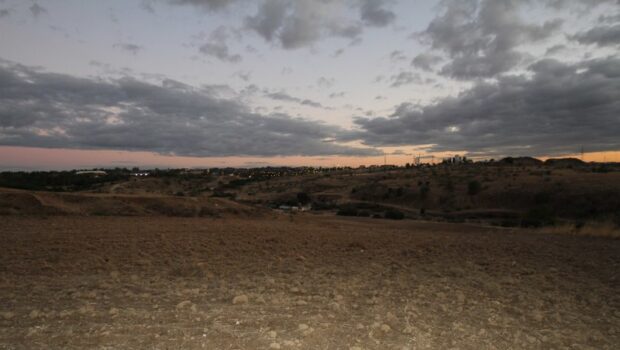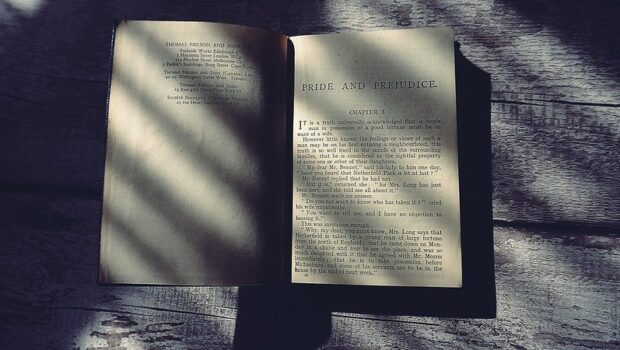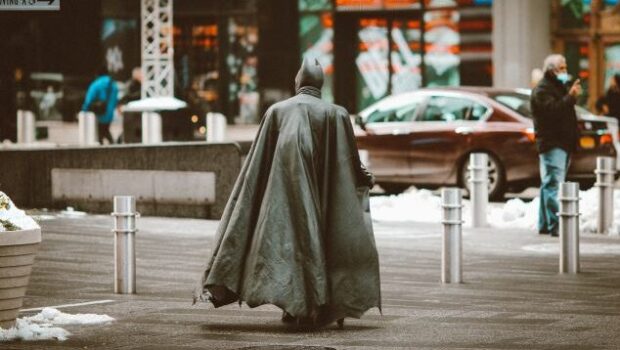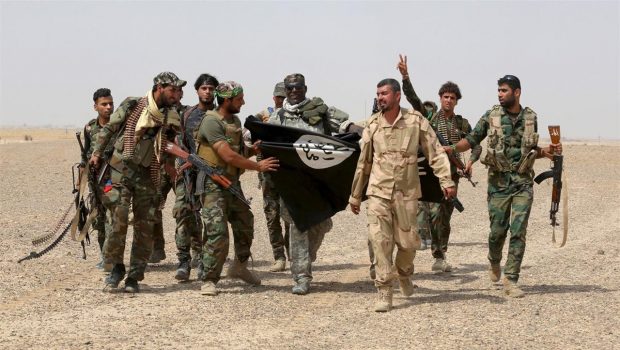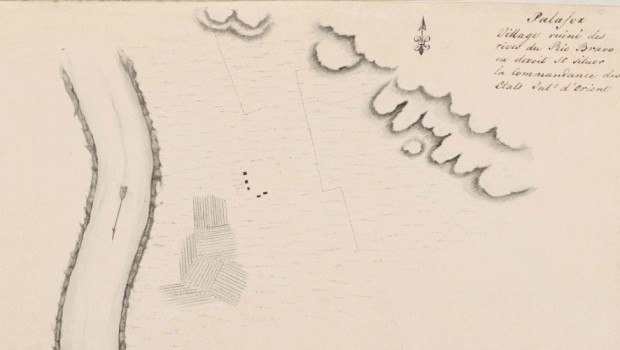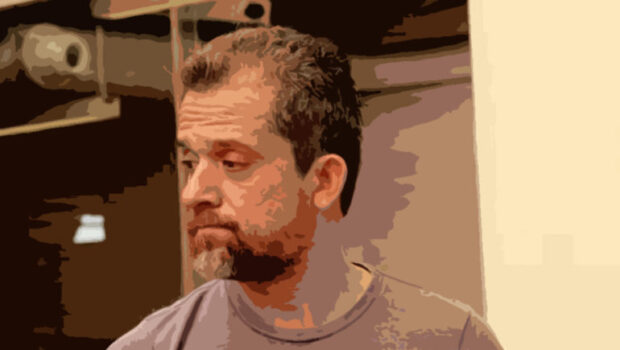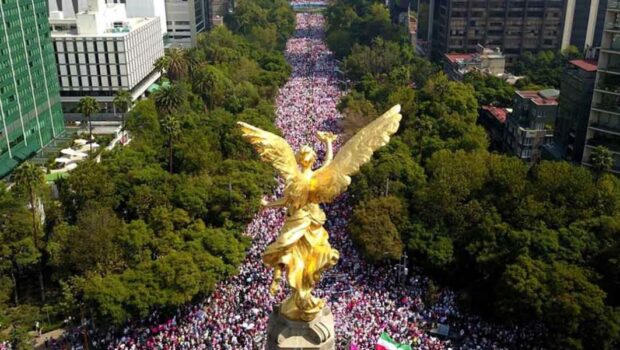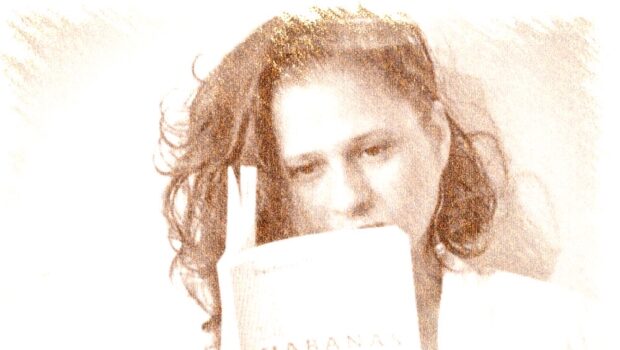Tierra
Christine L. Monahan
San Pedro Sacatepéquez, Guatemala
TV reporter:
a black suit
bites into him
at the shoulders,
arms
and waist.
Stalk
of the microphone sways
between the hospital bed pillow
of the boy
and his wilting
IV bag.
What was there to eat
in his village
to make him sick?
Eyes are bulbs
over holes
of a nose;
over lips
that pull away
from the teeth:
2 rows
of bone
that grow, and invade
the eroding brown
of his face.
“Tierra,” he answers: dirt;
Earth.
The reporter explains:
The boy had been left alone
with his hunger
and had helped himself.
A camera swallows
the boy’s empty home:
slat-wood walls;
the door is nothing
more
than a blank
bed sheet;
the bed he rose from
with the Sun
is bare
board;
the floor:
tierra; dirt;
Earth
on which he stood barefoot
and dreamed
of feeling full.
*Image by Antonio Rubio
 Christine L. Monahan is a writer of fiction, poetry, newspaper features, and online essays, and an ESL teacher of many years. Her publications have appeared in newspapers and literary journals in the U.S.A., Ireland, Wales and France. The Portsmouth Herald, Crazyhorse, Chronogram, The New Hampshire Alternative, Argonaut, WP Journal, The Great Midwestern Quarterly, Long Islander, Breakfast All Day, Many Mountains Moving, The Wisconsin Review, Argus, The Sunday Suitor, Still Waters, Starting Rumors Anthology, Eye-Rhyme, and The York Weekly.
Christine L. Monahan is a writer of fiction, poetry, newspaper features, and online essays, and an ESL teacher of many years. Her publications have appeared in newspapers and literary journals in the U.S.A., Ireland, Wales and France. The Portsmouth Herald, Crazyhorse, Chronogram, The New Hampshire Alternative, Argonaut, WP Journal, The Great Midwestern Quarterly, Long Islander, Breakfast All Day, Many Mountains Moving, The Wisconsin Review, Argus, The Sunday Suitor, Still Waters, Starting Rumors Anthology, Eye-Rhyme, and The York Weekly.Traducción de Carlos Sibaja García
San Pedro Sacatepéquez, Guatemala
Reportero
en la pantalla:
un traje negro
que se traga
los hombros,
los brazos
y su cintura.
Como un tallo
el micrófono se mece
entre la almohada del hospital
del muchacho
tan delgado;
su bolsa intravenosa
marchitada
¿Qué había para comer
en su pueblito
que lo enfermase?
Los ojos no son nada más que bulbos
sobre los hoyos
de una nariz;
sobre los labios
que revelan
los dientes:
2 filas
de huesos
que se expanden e invaden
por el terreno arenoso
de su cara.
“Tierra,” responde: tierra;
La Tierra.
El reportero explica:
Al niño lo habían dejando solo
con su hambre
y un puño de tierra
se sirvió.
Una cámara que se devora
la casa vacía del niño:
tablillas como paredes;
La puerta es nada
más
que una sábana
desierta de cama;
misma de la que se levantó
con un Sol
débil
que es
de cartón;
el piso: Tierra; tierra;
La Tierra
en la que se paró descalzo
y soñó
con sentirse lleno
*Imagen de Antonio Rubio


